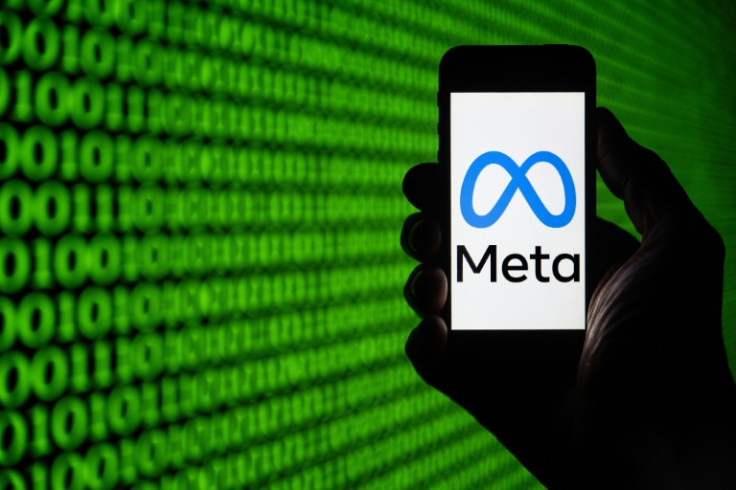
Facebook-owner Meta on Wednesday said its quarterly profits soared last quarter, but worries about the cost of artificial intelligence saw its share price take a hit on Wall Street.
The company founded by Mark Zuckerberg said that net profit in the January to March period rose to $12.4 billion with total revenue, mainly from selling ads, up an impressive 27 percent, at $36.5 billion.
"We estimate that more than 3.2 billion people use at least one of our apps each day and we're seeing healthy growth in the US," Zuckerberg, who is also CEO, told analysts on an investor call.
According to analyst Debra Williamson of Sonata Insights, Meta's growth is due in particular to its sophisticated advertising tools and the success of "Reels", the algorithm-fueled short videos to be scrolled through in succession, copied from TikTok.
In another potential boost to its business, by the end of the year, Meta could also start selling advertising on Threads, its text message platform similar to X (formerly Twitter).
With ads on Threads, "advertisers who are looking to reach audiences during real-time moments will finally have a viable alternative to X," said Mike Proulx, vice-president at Forrester.
The rise in sales and profit continued Meta's rebound of 2023, which came thanks to drastic cost-cutting, including massive layoffs in what Zuckerberg dubbed the "year of efficiency" that saw tens of thousands of employees let go after a miserable 2022.
Meta said its global workforce now stood at 69,329, slightly more than last quarter, but down from a peak of more than 87,000 employees in 2022.
The company ended last year with record revenues and since then its share price has been soaring on Wall Street, thanks in particular to enthusiasm for AI with its stock almost tripling last year, and up another 40 percent in 2024.
But shares for Meta were down nearly 17 percent in after hours trading on Wednesday, with investors concerned by signs that expenditure was creeping back up.
Because of investments in AI, Meta said it anticipated full year 2024 capital expenditures will be in the range of 35 to $40 billion increased from a prior range of 30 to $37 billion.
Zuckerberg urged investors to be patient as his company made its move into AI, acknowledging that unrolling new products before they made money had "historically seen a lot of volatility in our stock."
"Building a leading AI will...be a larger undertaking than the other experiences we've added to our apps and this is likely going to take several years," he added.
Last week, Zuckerberg unveiled the latest version of Meta AI, which is now being deployed as a beefed up smart assistant across its apps, which include Instagram, WhatsApp, Messenger and Facebook.
Meta's latest technology is being rolled out in more than a dozen English-speaking countries, including Australia, Canada, Singapore and the United States.
The AI is powered by LLaMA 3, the company's most powerful large language model, which the company makes available to developers as an open-source product to create their own tools.
The tech giants are locked in a race to become AI leader, with Microsoft, thanks to its partnership with ChatGPT-maker OpenAI, seen as the frontrunner.
AI is giving a lift to Microsoft's core cloud computing business, a service that Meta does not provide, which creates added worry about the high costs of deploying the technology at the company.
As for the metaverse (mixing real and virtual worlds via high-tech glasses and headsets), which Zuckerberg describes as the future of the internet, the group's dedicated branch once again posted a substantial losses of $3.8 billion, even if this was less than expected.
Zuckerberg said the partnership with Ray-Ban on making VR glasses was "going really well" and that the company remained confident about the future the sector.




